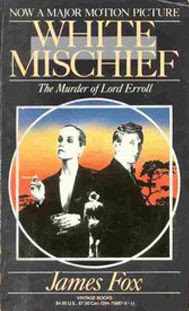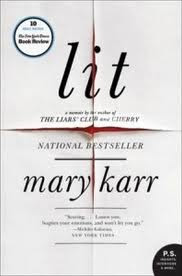I would have thought that the major challenge of walking the Appalachian Trail would be fighting off inbred rednecks who want to kill you with chainsaws. This is however apparently only a minor aspect of the experience. Bill Bryson sets out to walk the Trail from where it begins in Georgia, to where it ends in Maine, a distance of about 2000 miles.
About a third of the way into the book, after we have suffered and staggered up endless mountains and round countless dales with him, he comes to a small convenience store with a map of the Trail, extending about four feet. He finds he has only walked the first two inches. He decides he will not be walking the whole Trail. This is apparently not unusual. According to Bryson:
2000 people start the Trail every year, and only about 10% get to the end; half don’t make it past central Virginia, less than a third of the way; a quarter get no further than North Carolina, the next state. As many as twenty percent drop out in the first week.
The driver who makes a living picking people up at the airport and dropping them at the start of the Trail tells Bryson that it is not unusual for him to hear from people asking to be picked up after three days, which is the amount of time it takes to walk to the first payphone.
The Appalachian Trail we learn is long, and steep, and often very boring. It is also very beautiful, and for that portion of the Trail that Bryson manages, he writes about this very movingly.
The Trail was created in the 1930s with voluntary labour, in only seven years, making it the largest voluntary undertaking on the planet. Much of the book is taken up with discussing how much of the American wilderness has disappeared since the Trail was founded. Apparently, early on, there were many pecan trees, but as it was normal to cut down especially tall trees (that could be as much as two hundred years old) just to make nut harvesting that bit easier, there are now few of these left. There are also many fewer birds than there used to be: in one year, Pennsylvania paid out $90,000 in bounties for the killing of 130,000 owls and hawks, to save farmers just $1,875 in livestock losses.
This book is not as comic as Bryson’s other work, but is still an interesting read, packed with fun facts like those above. Let me just close with two more, too interesting not to be squeezed in. If you can find a way to casually fit these into ordinary conversation, you get extra points.
-in the forty years before the First World War, 50,000 people died in American mines
-every twenty minutes on the Trail you walk more than the average American walks in a week.
Actually, I shouldn’t have said it’s not comic. There are some funny true stories. It’s not nice to laugh at one-handed children, but maybe its understandable if they lost their hand because their IDIOT MOTHER put honey on it, so that she could film the cute bear licking the hand with her camcorder.



